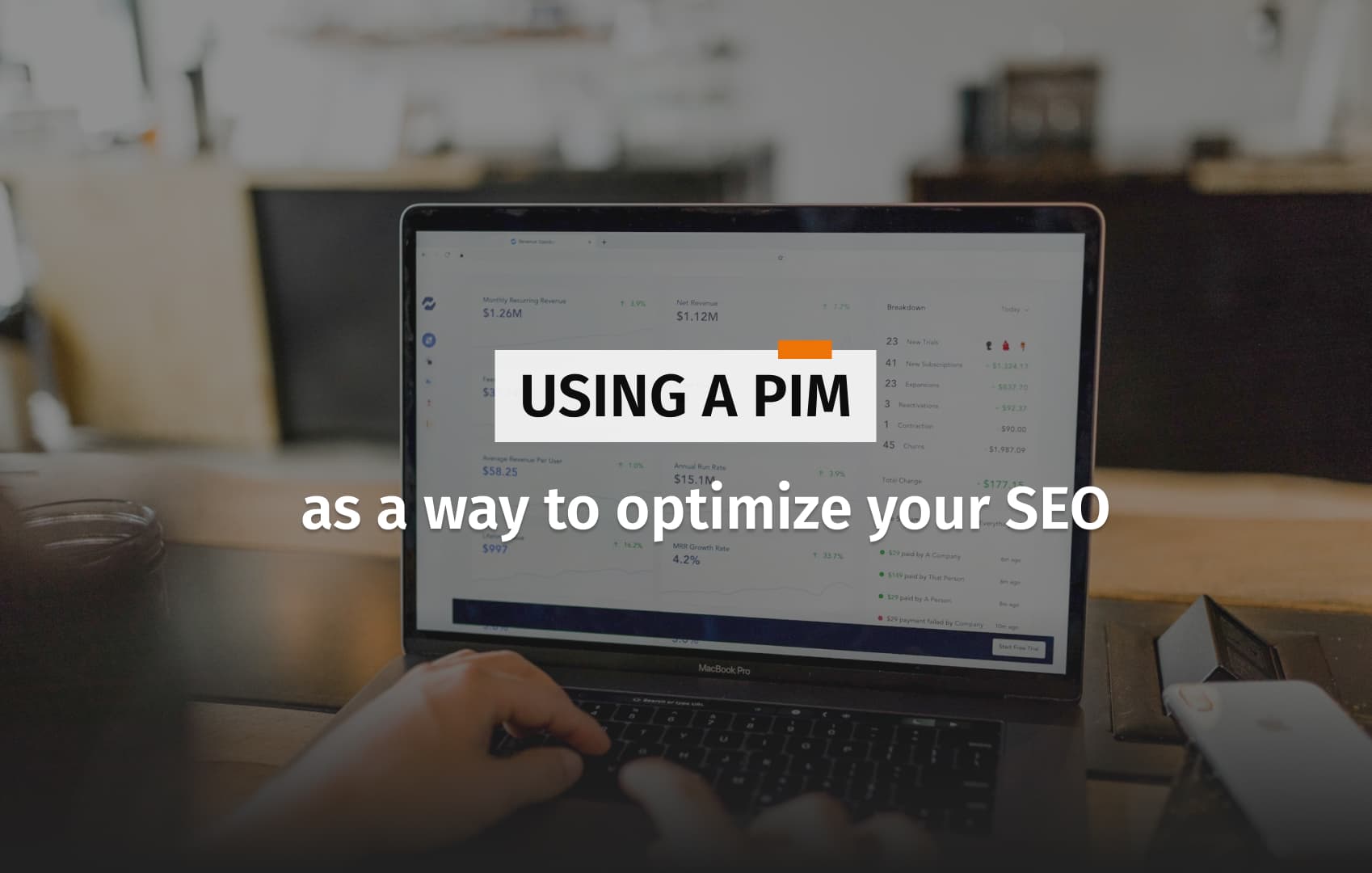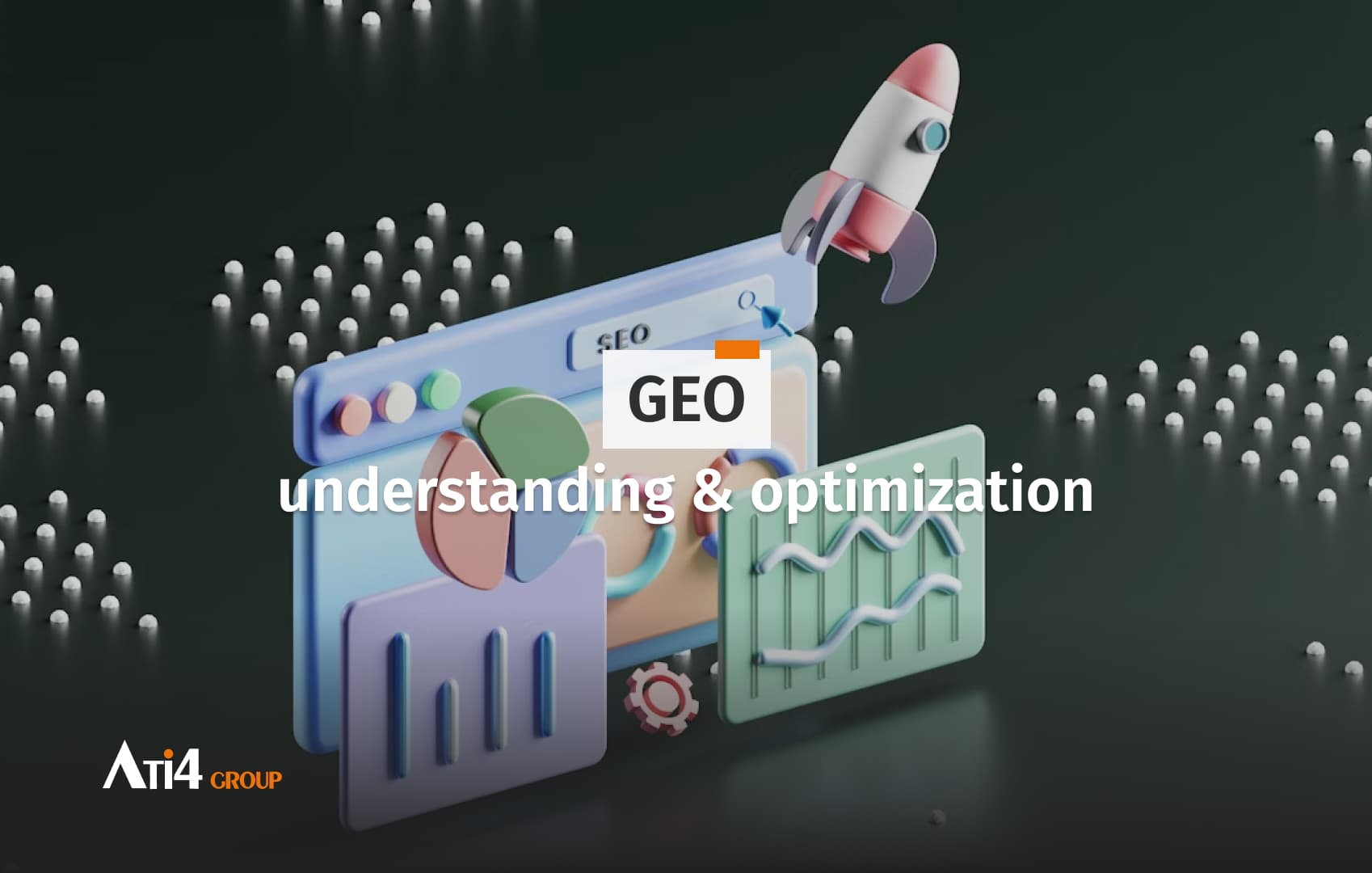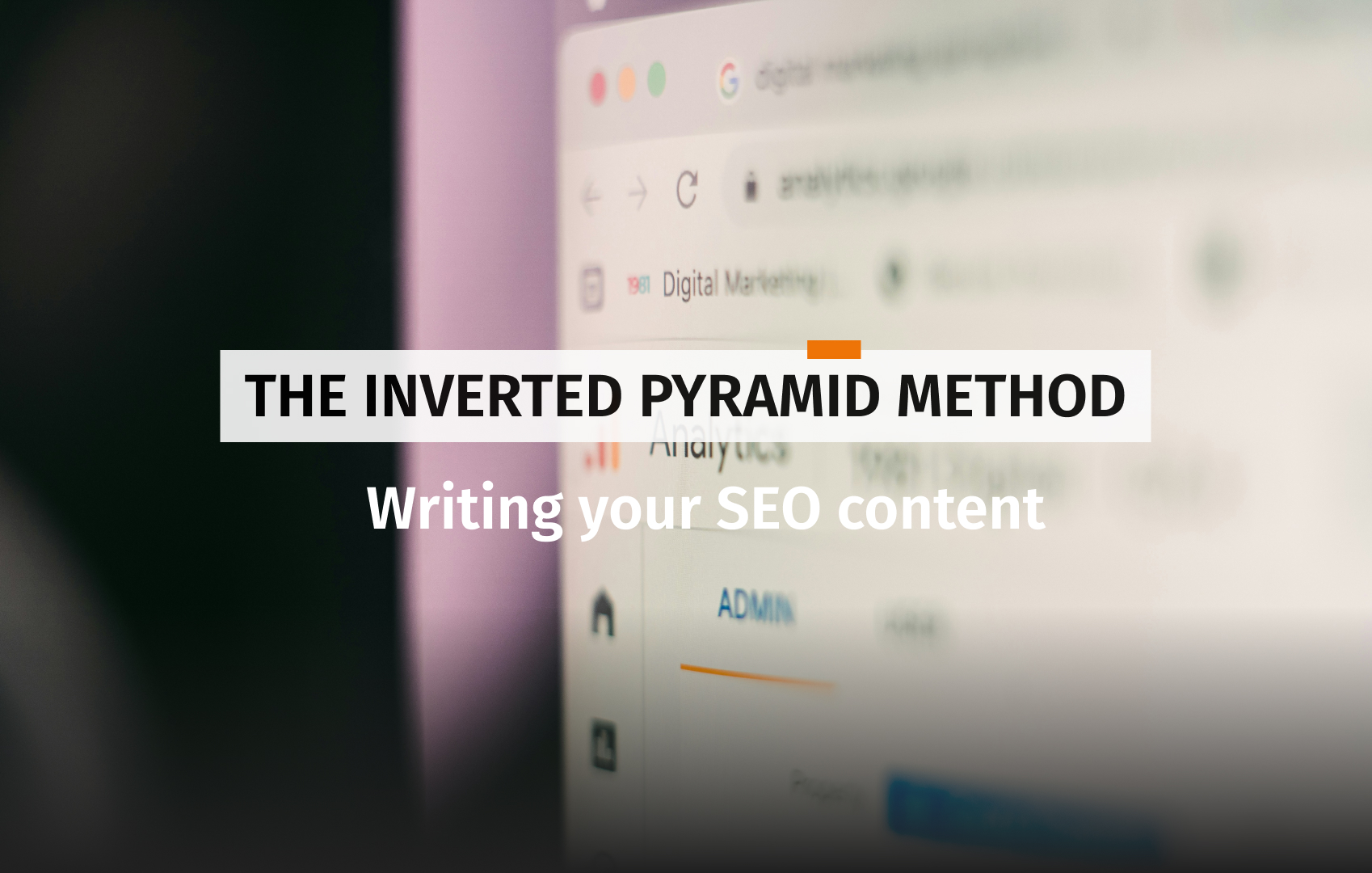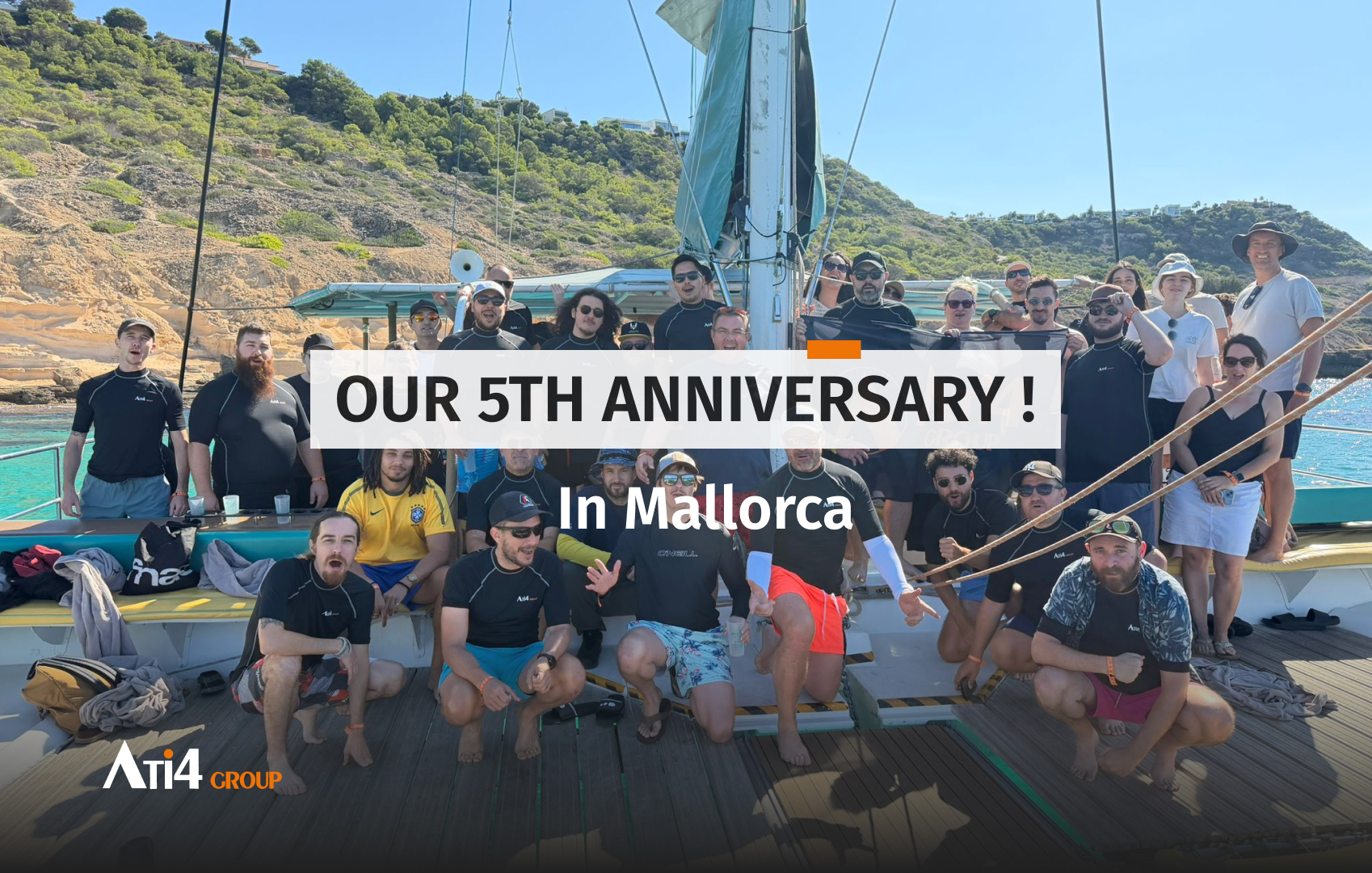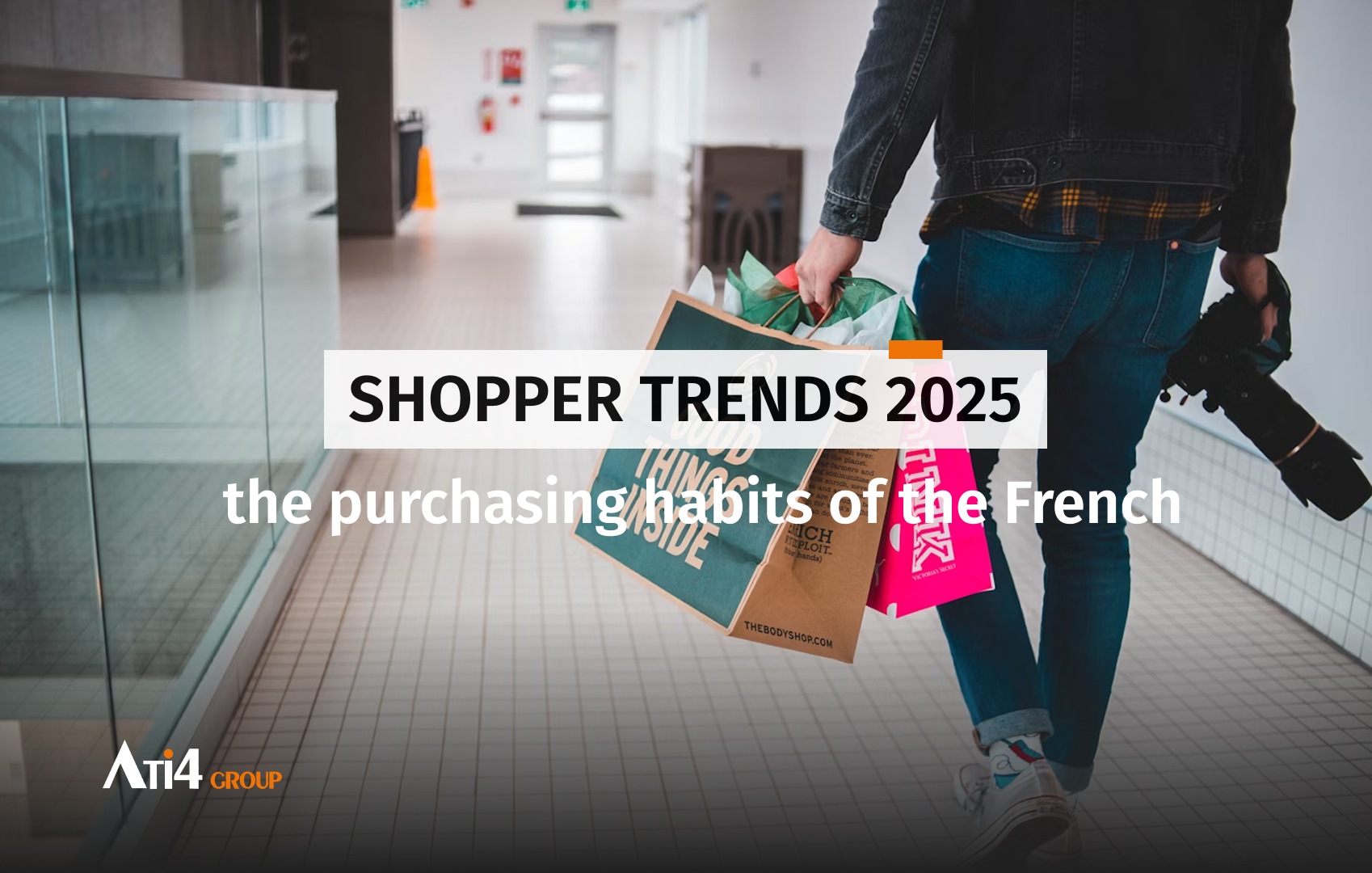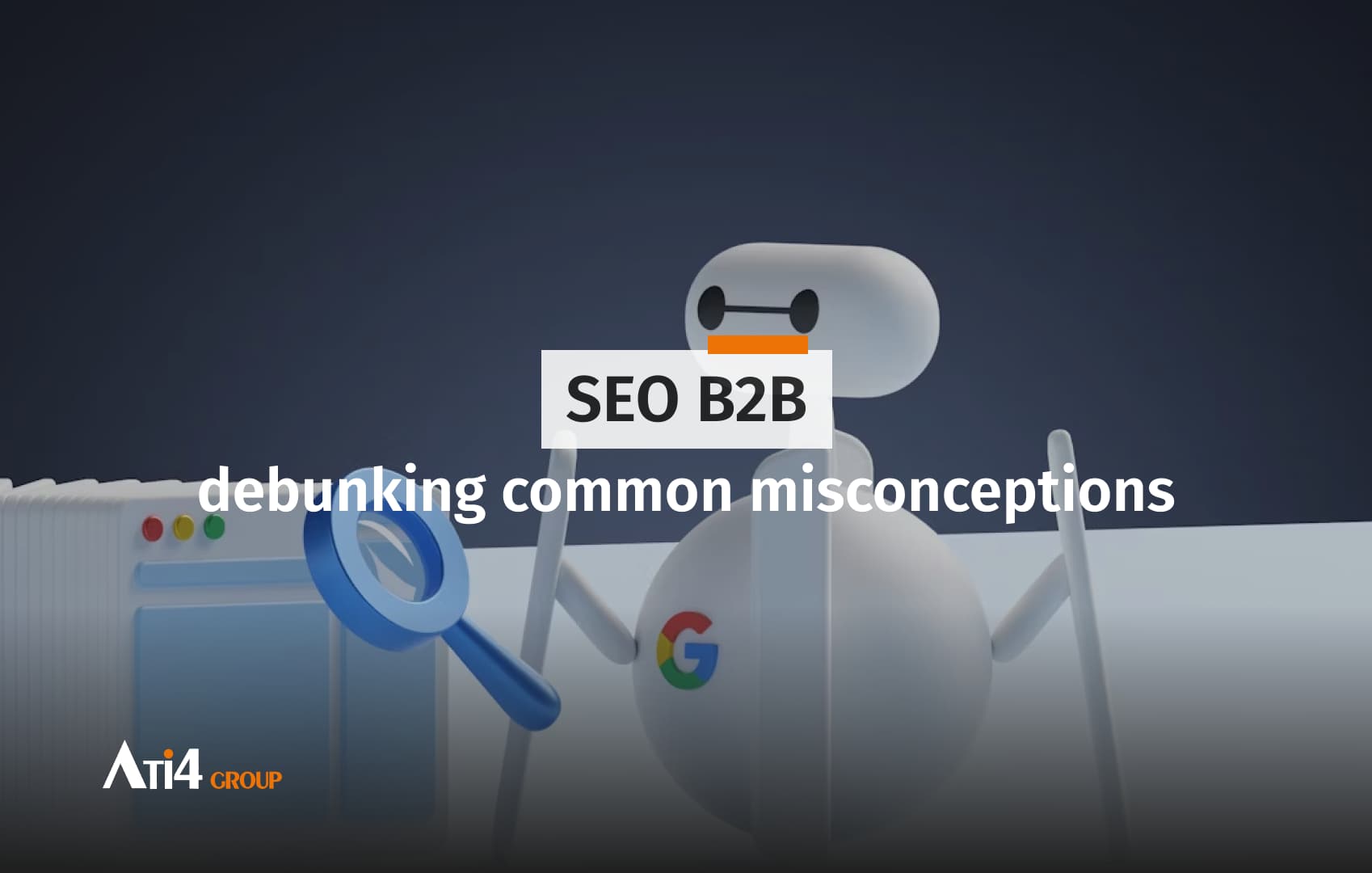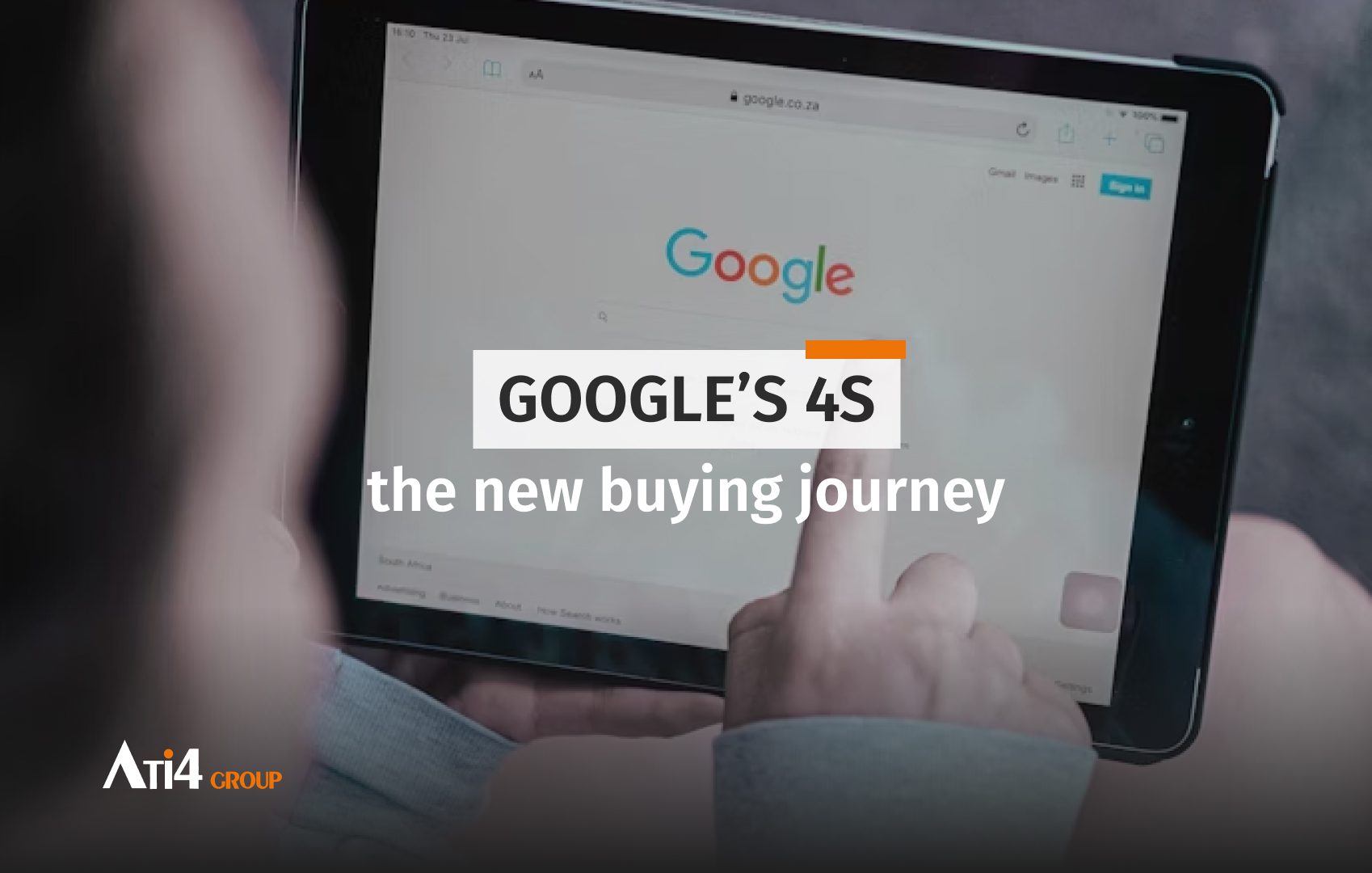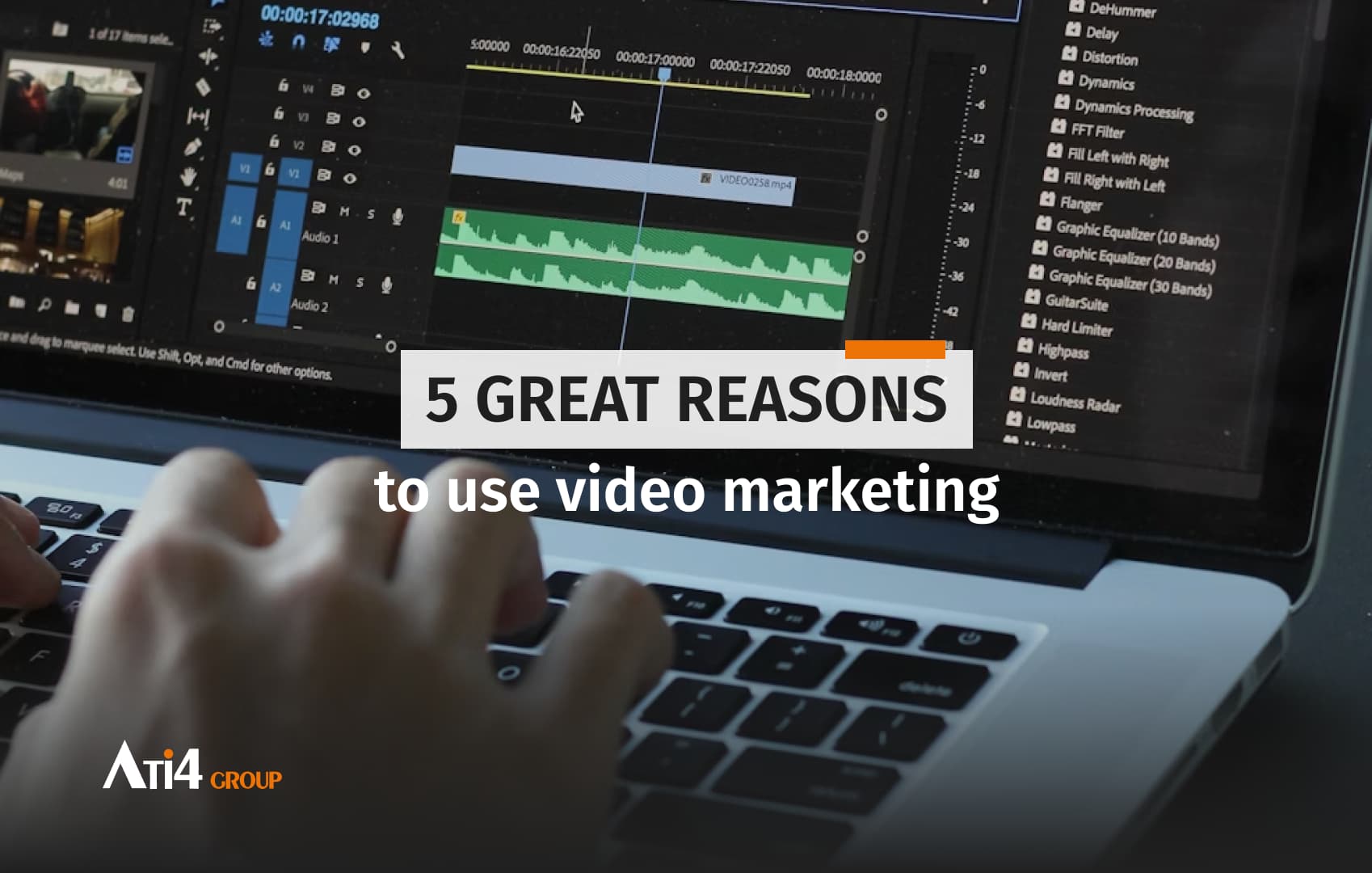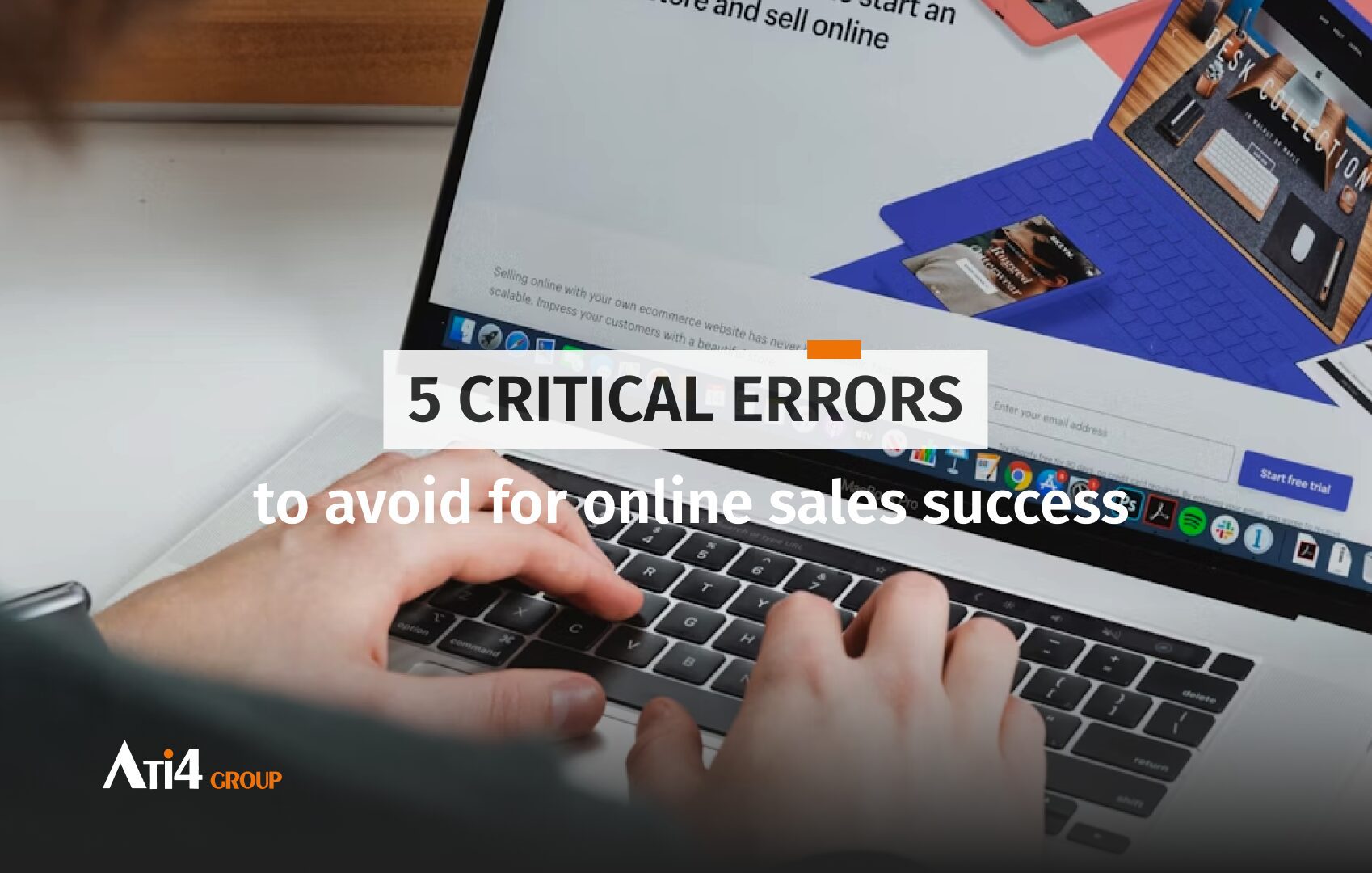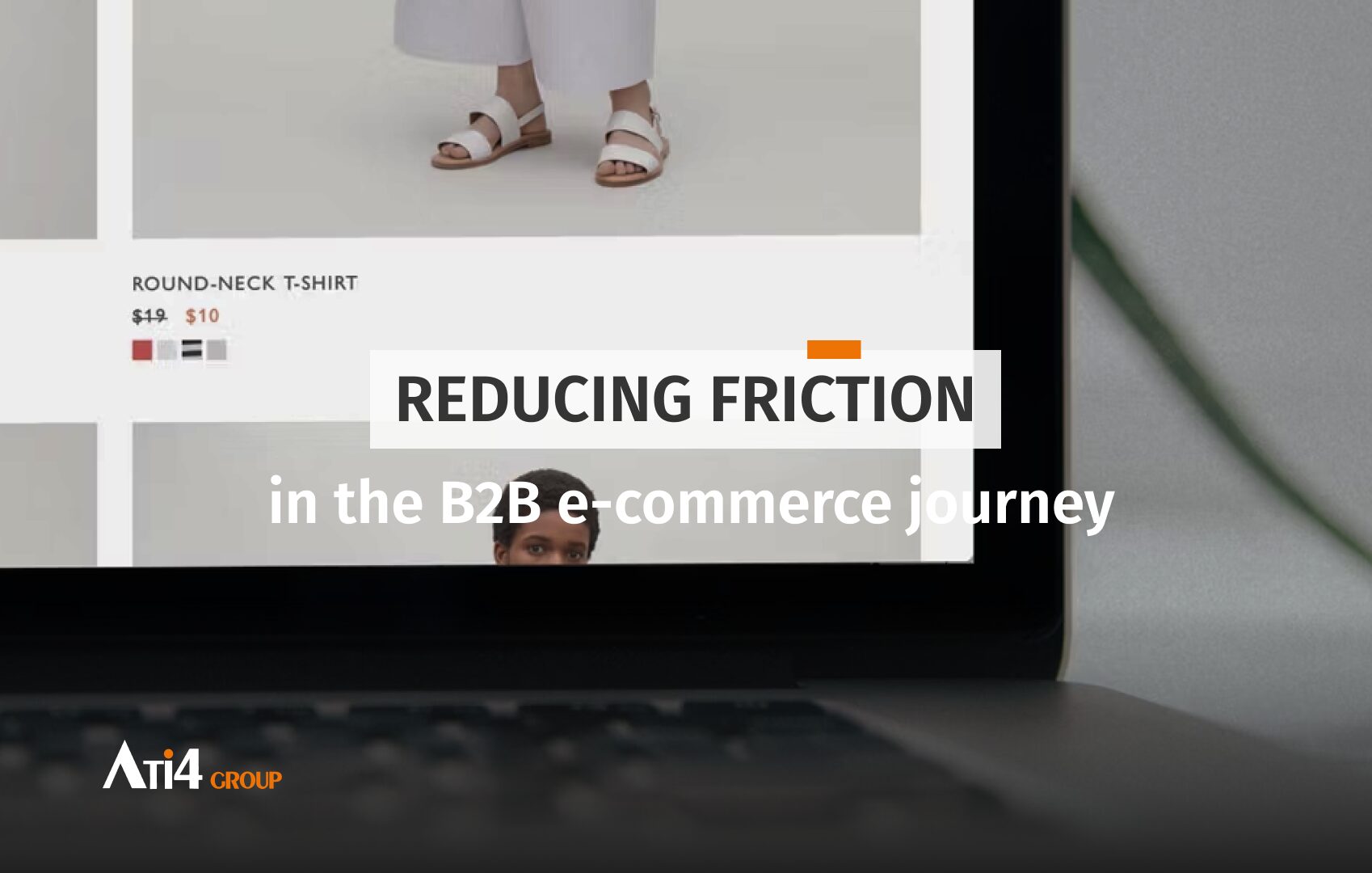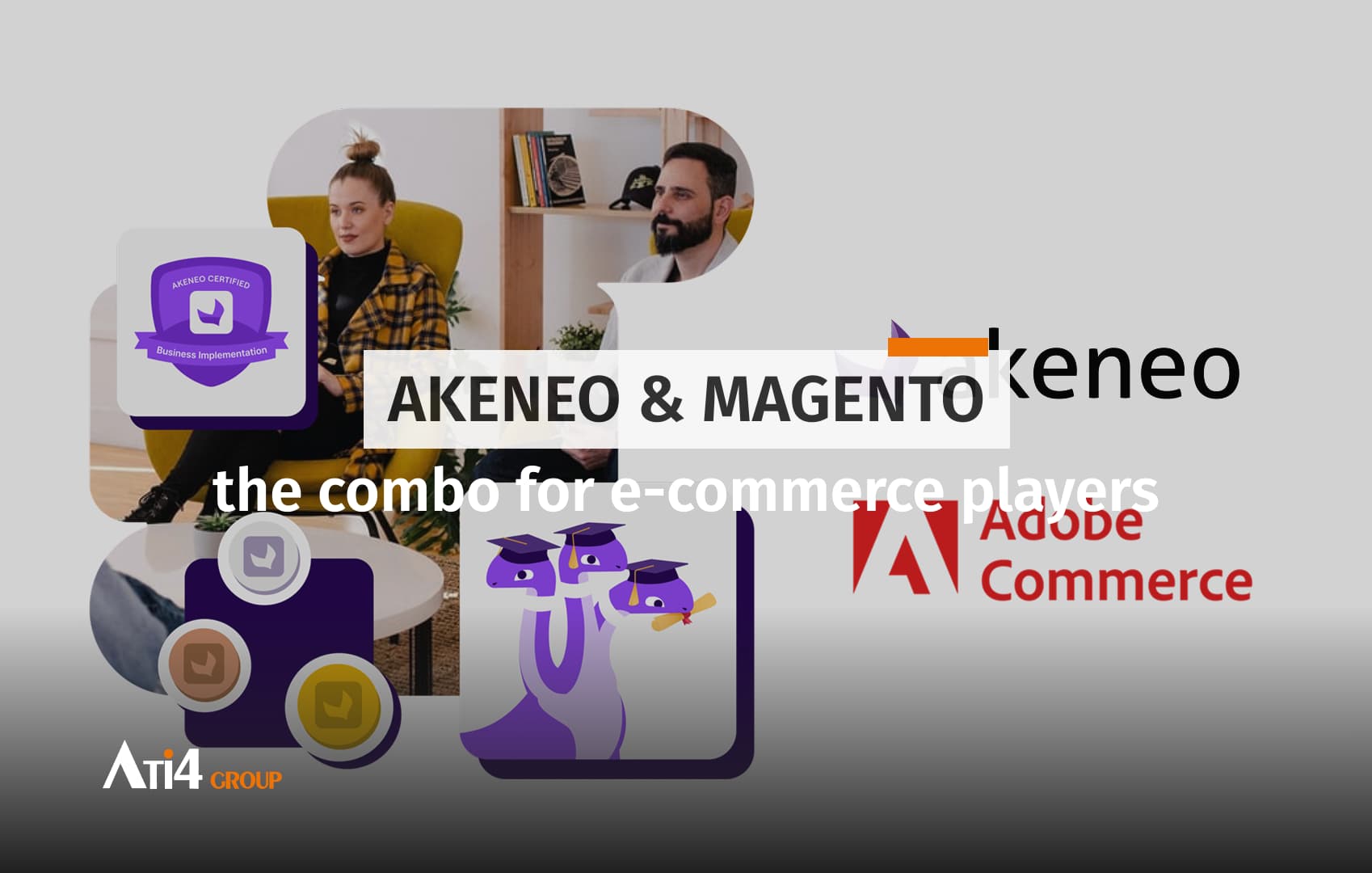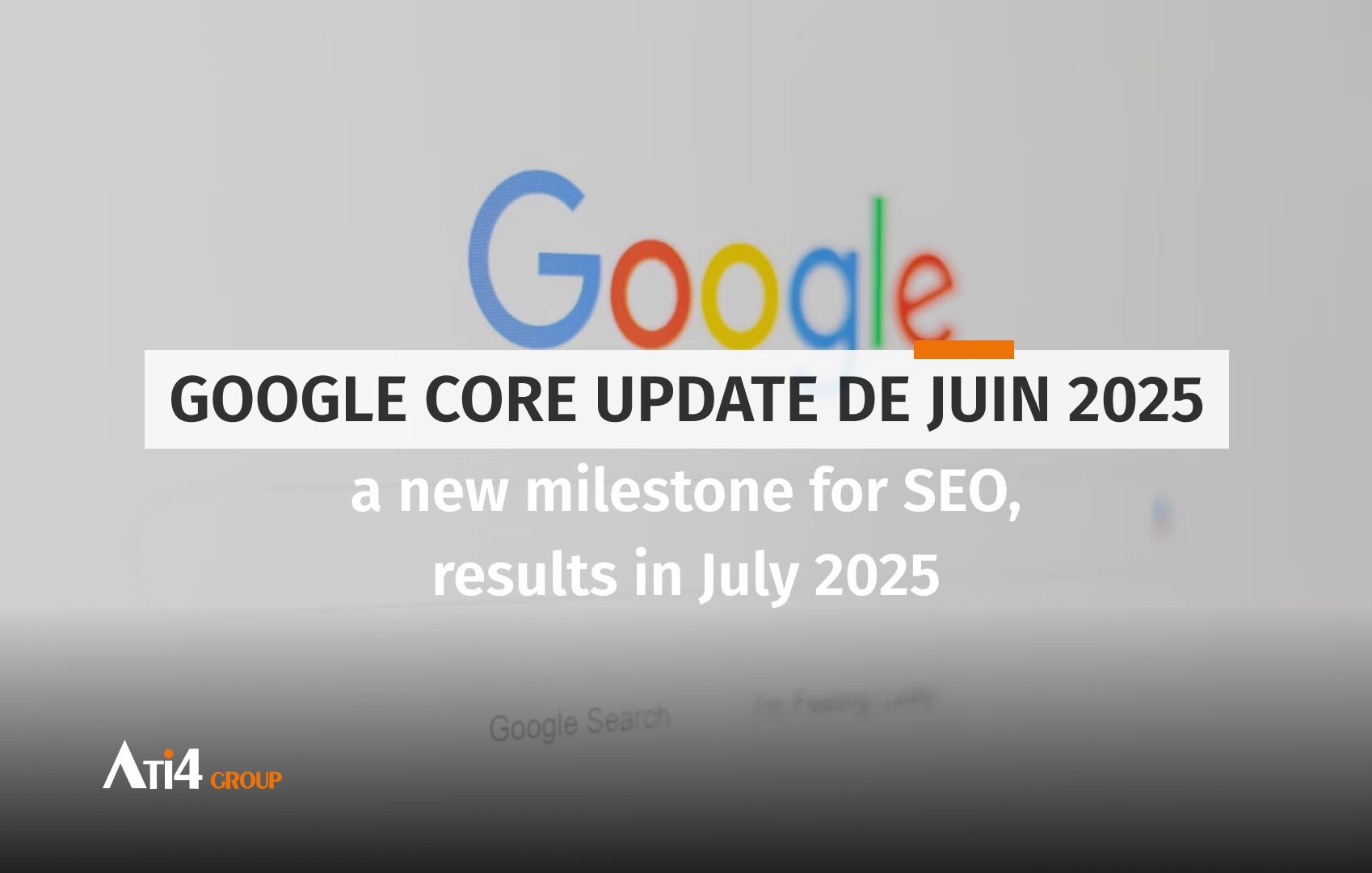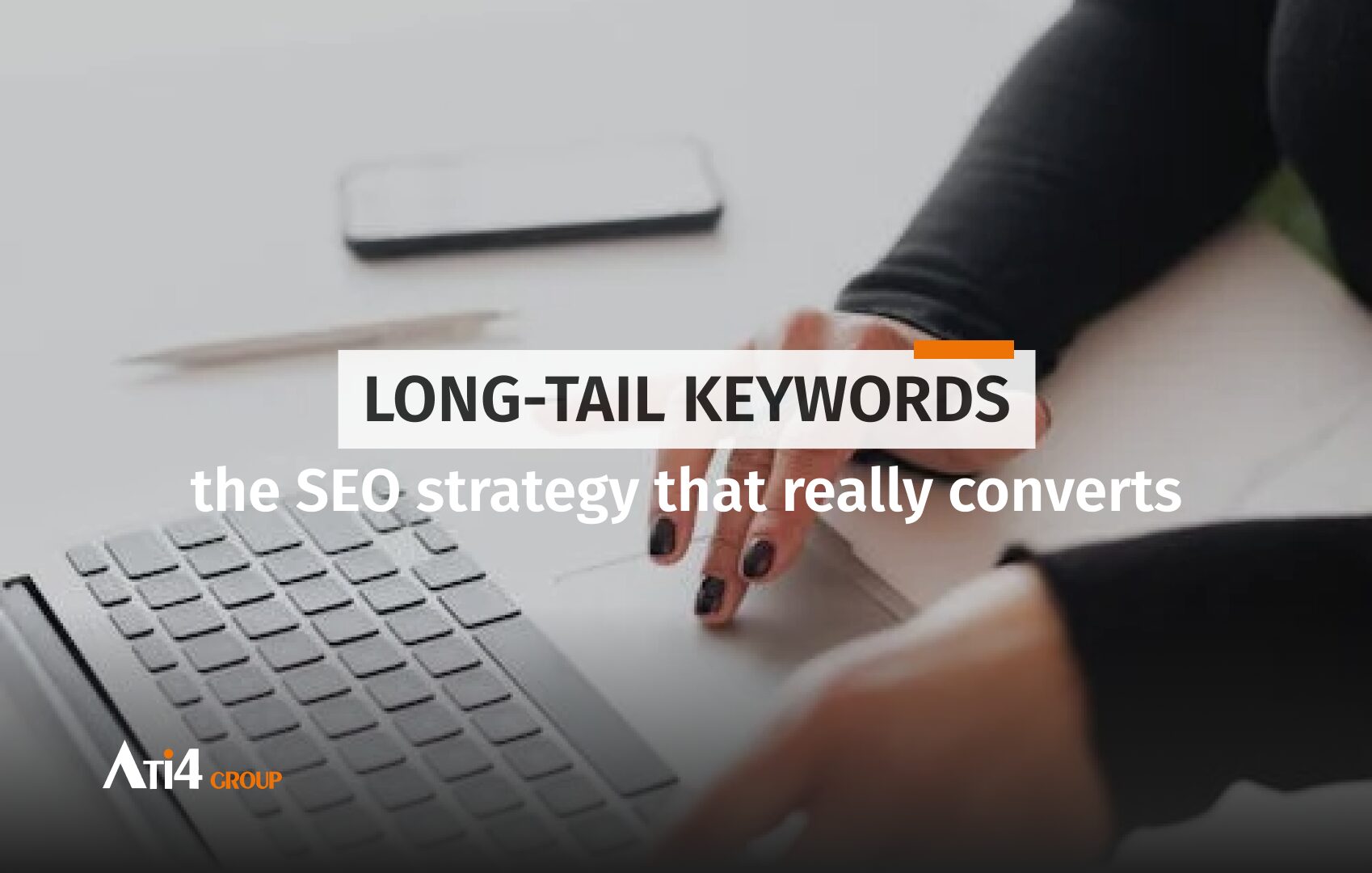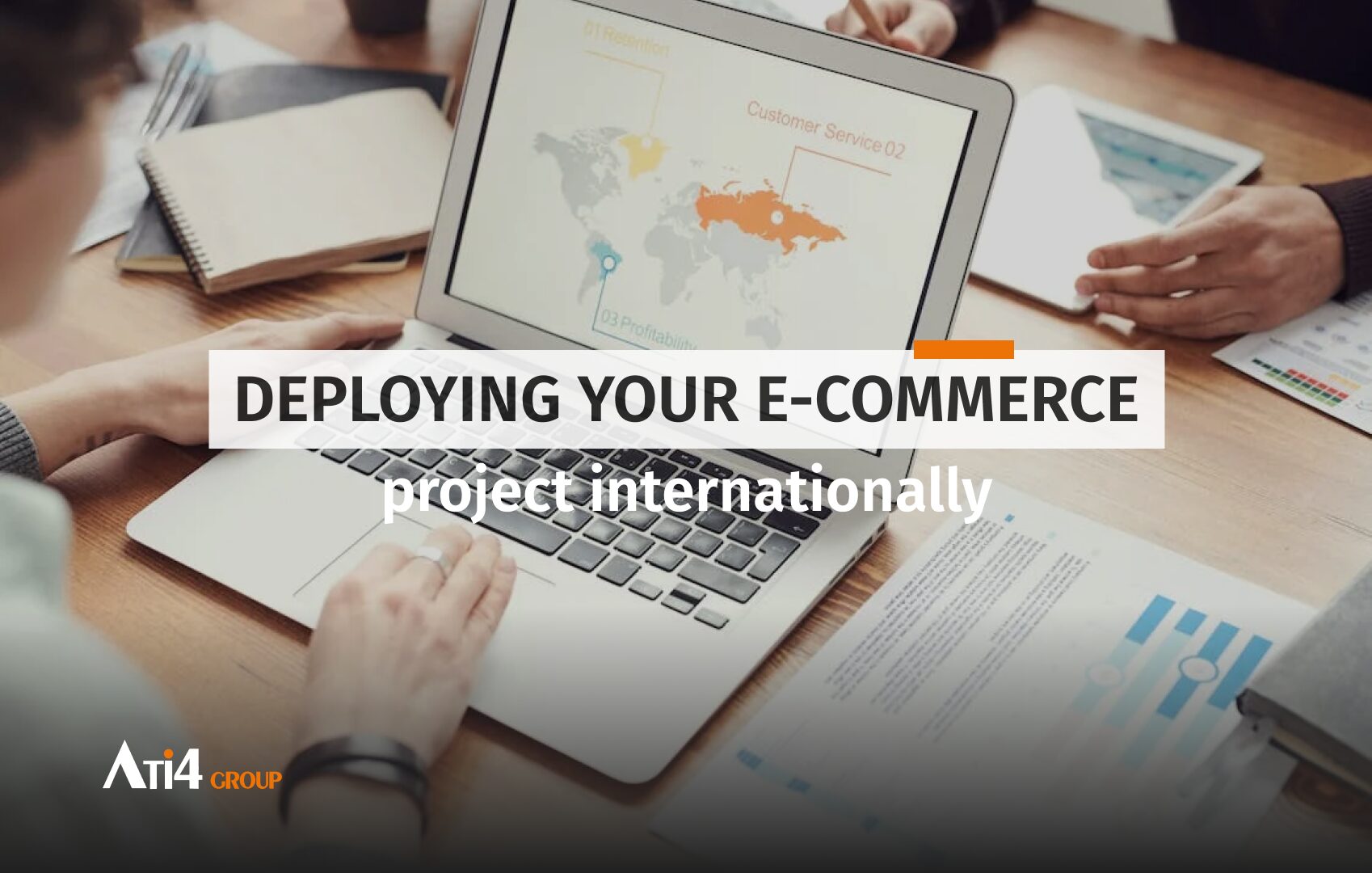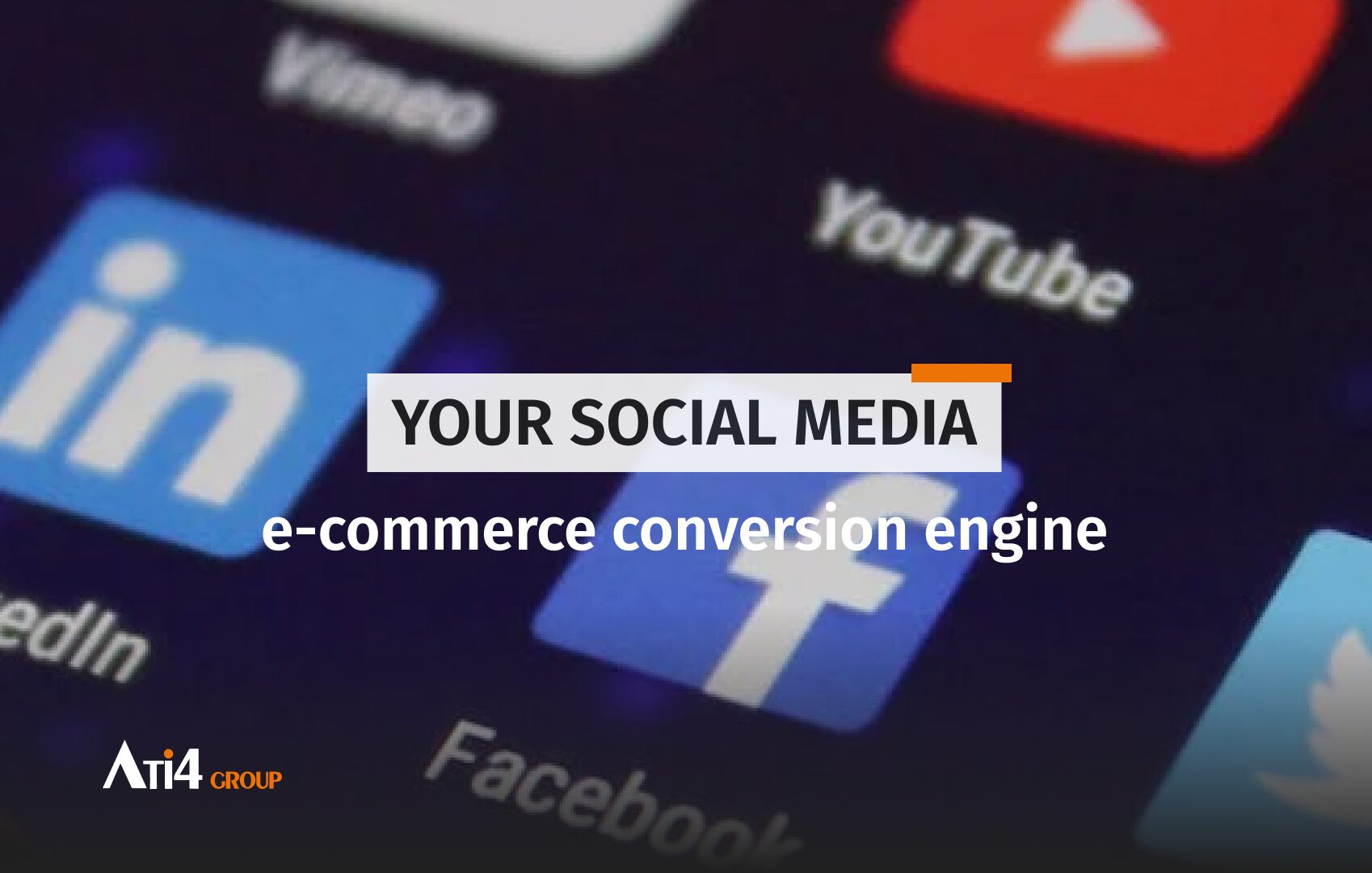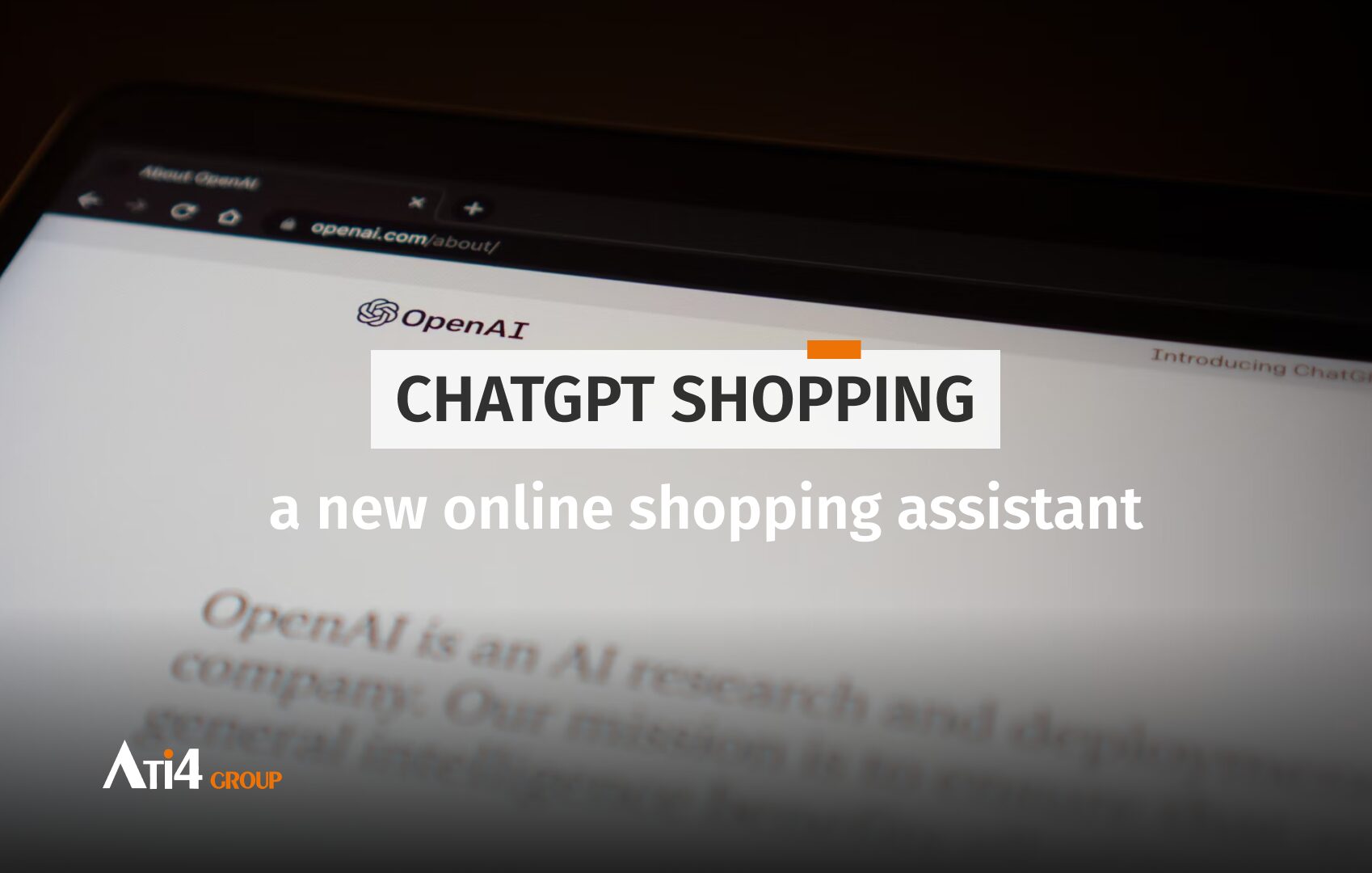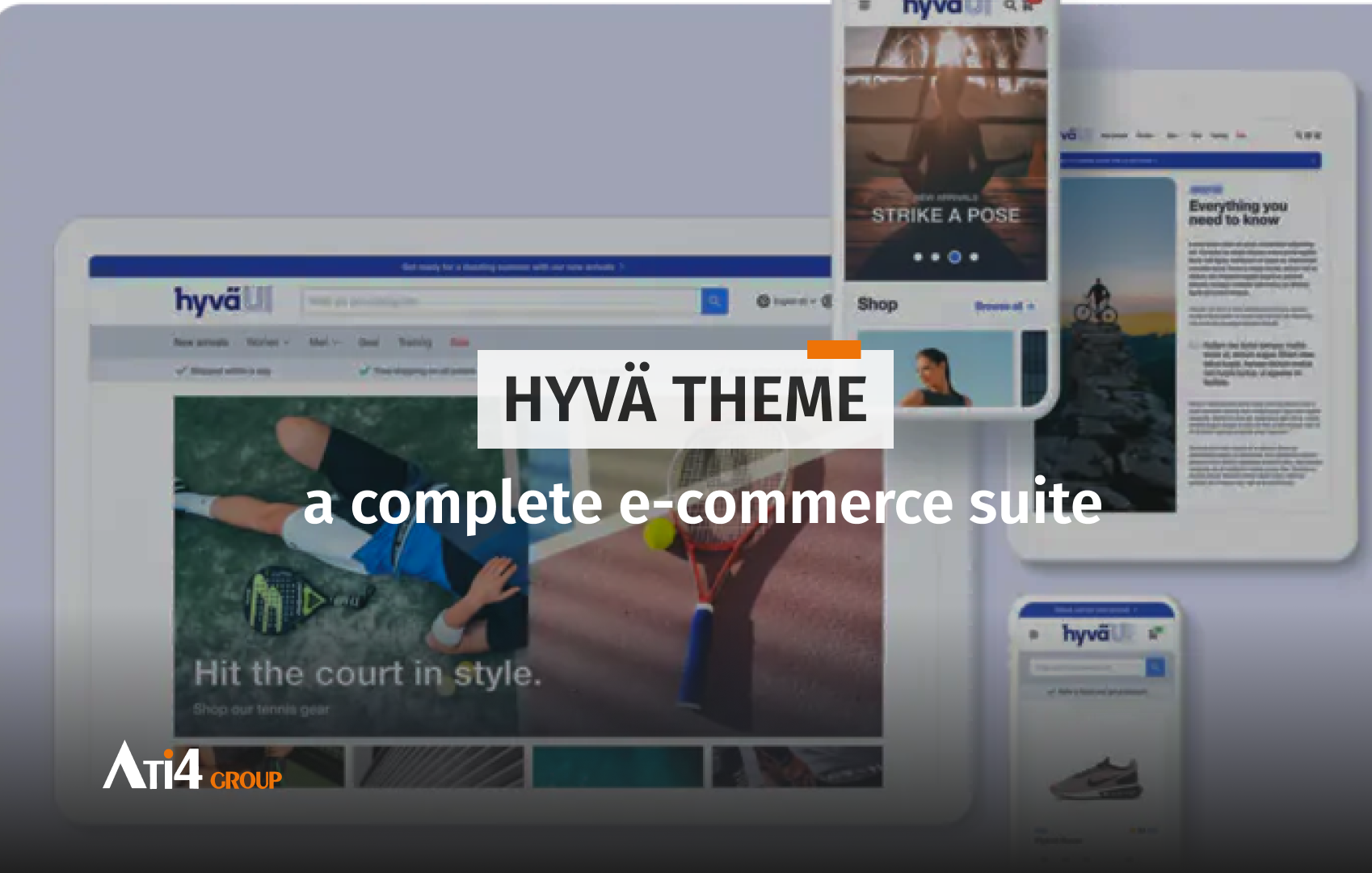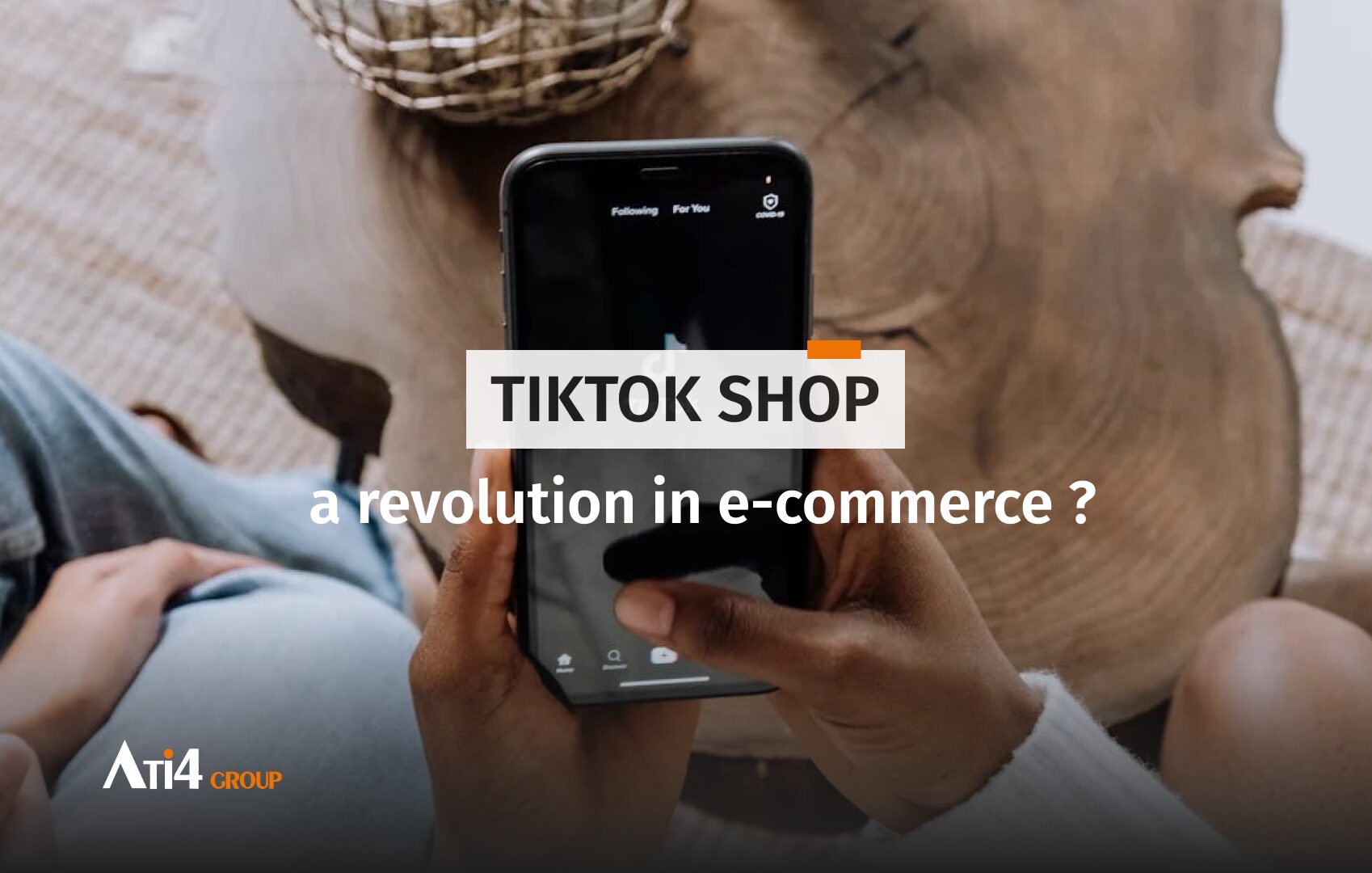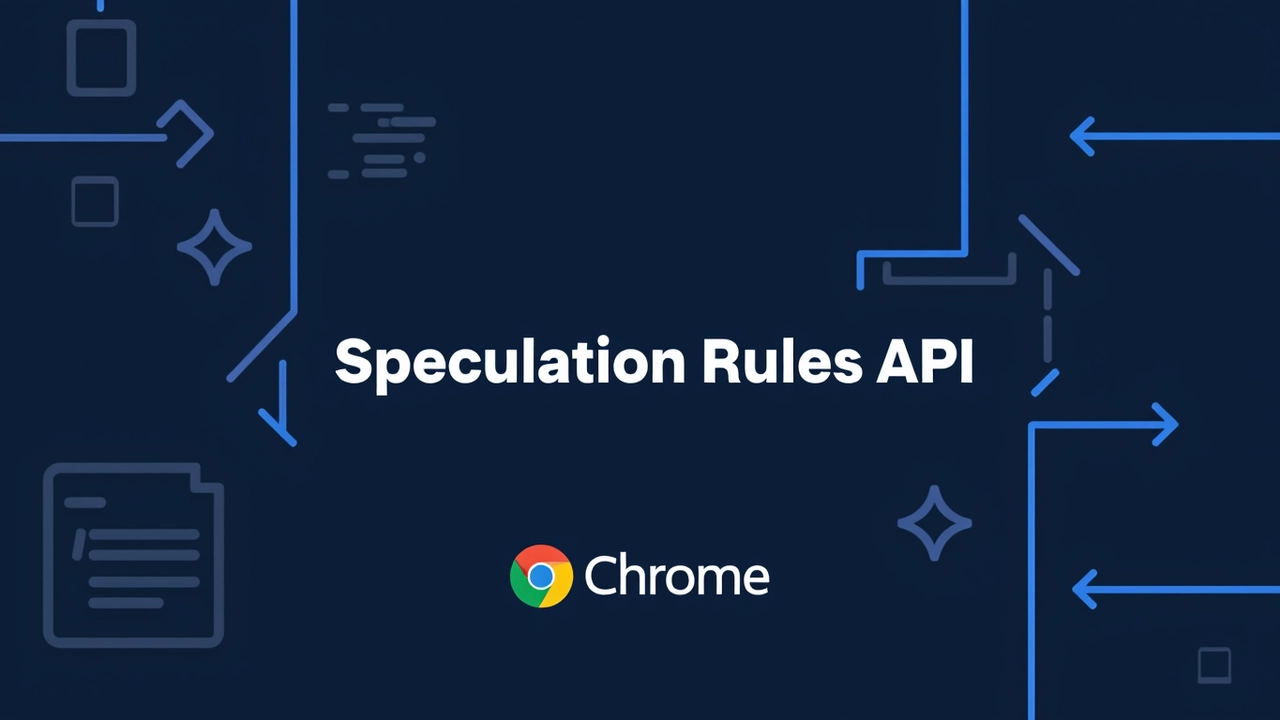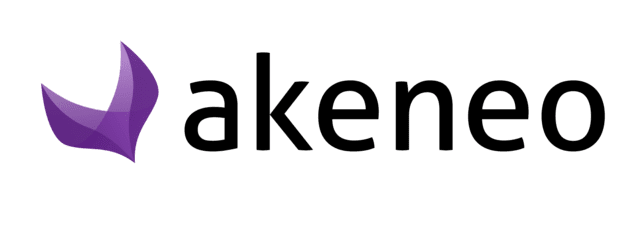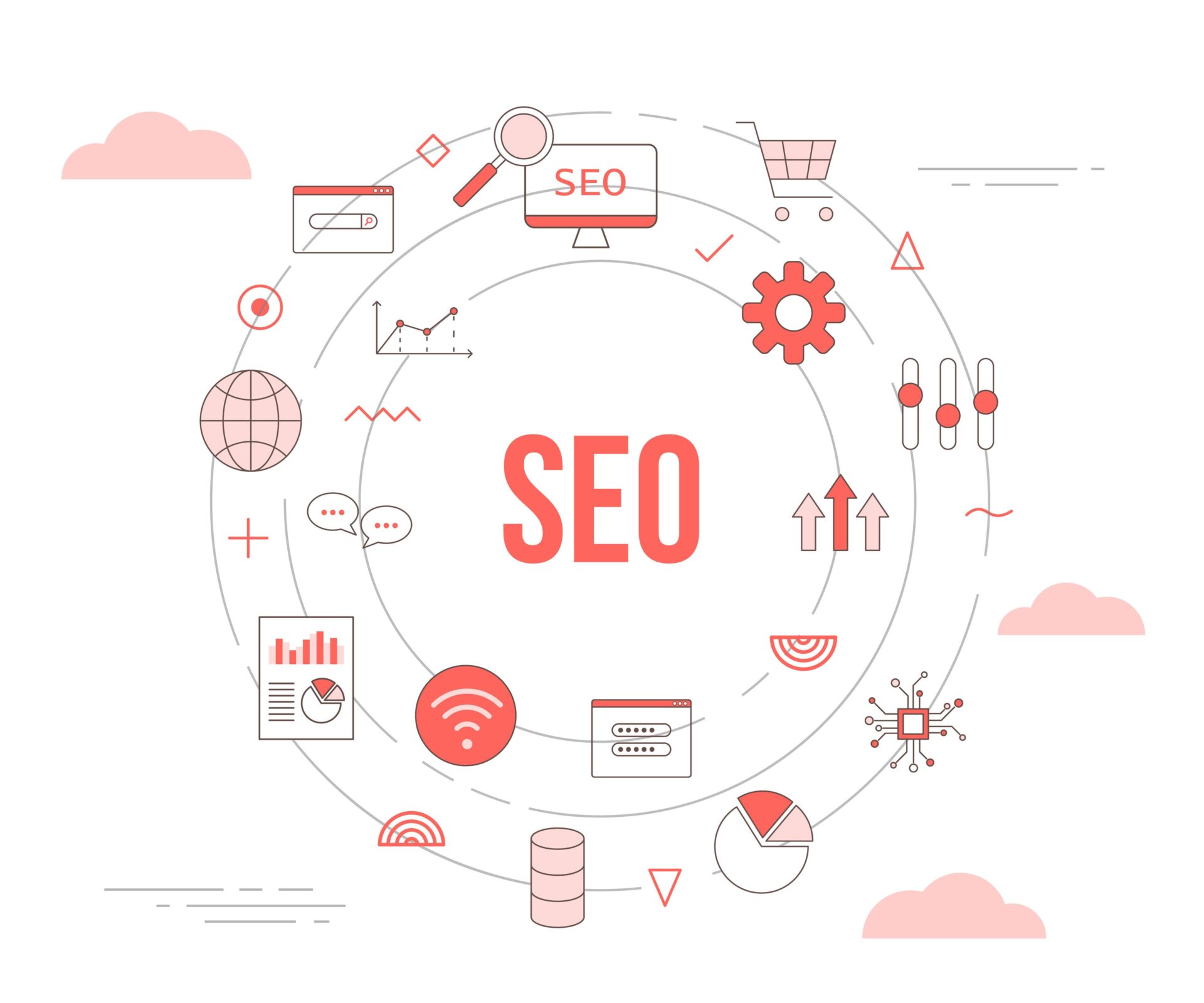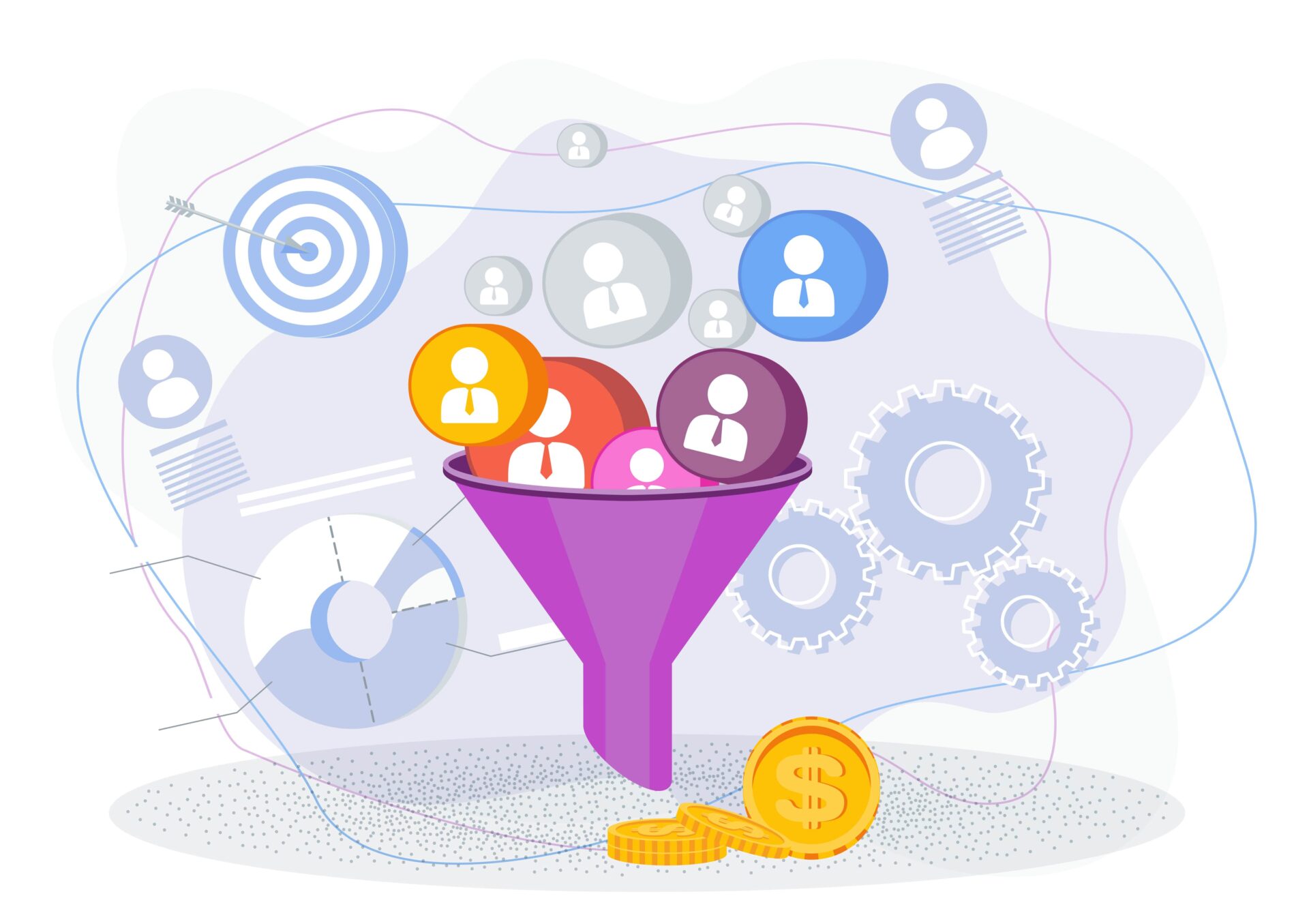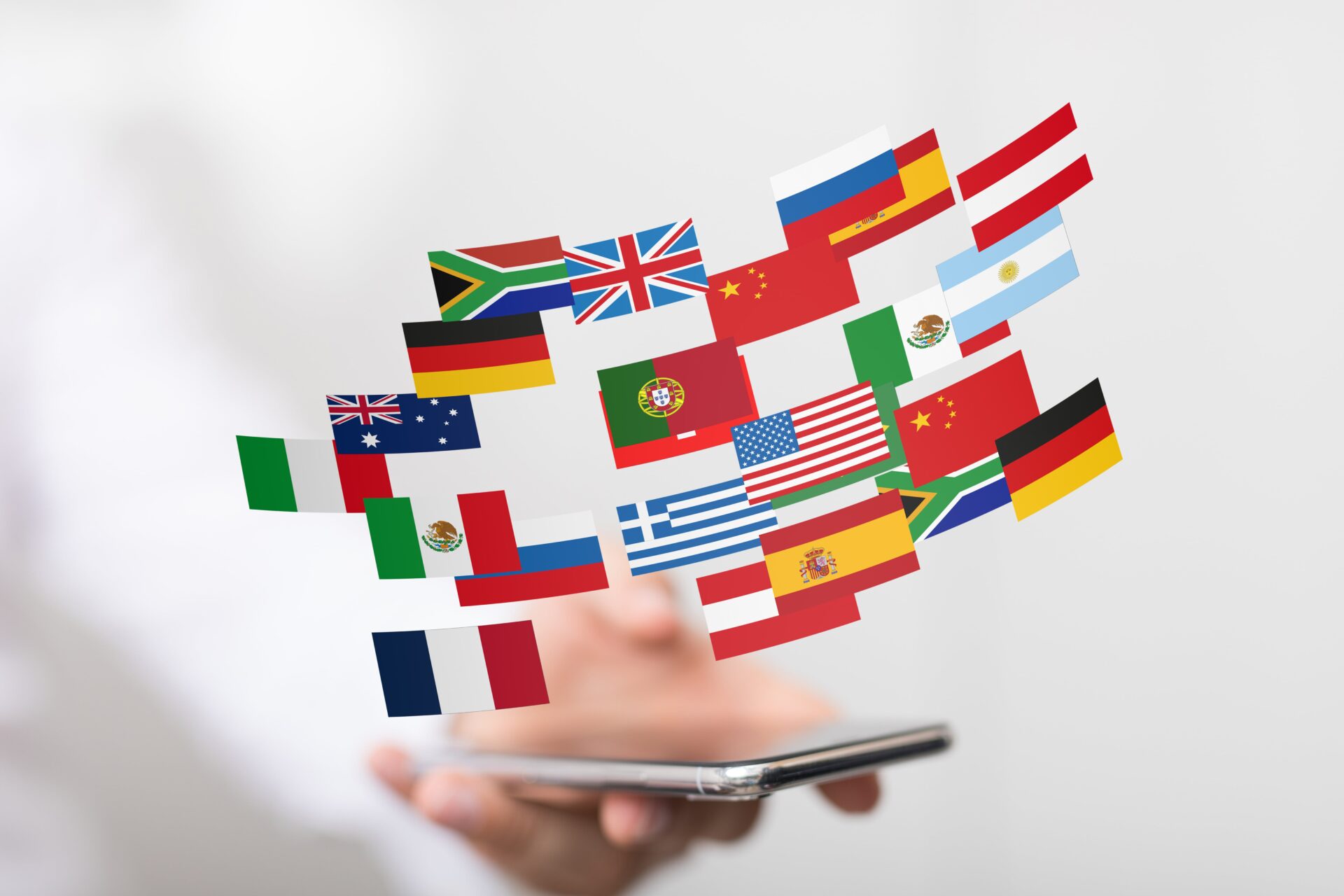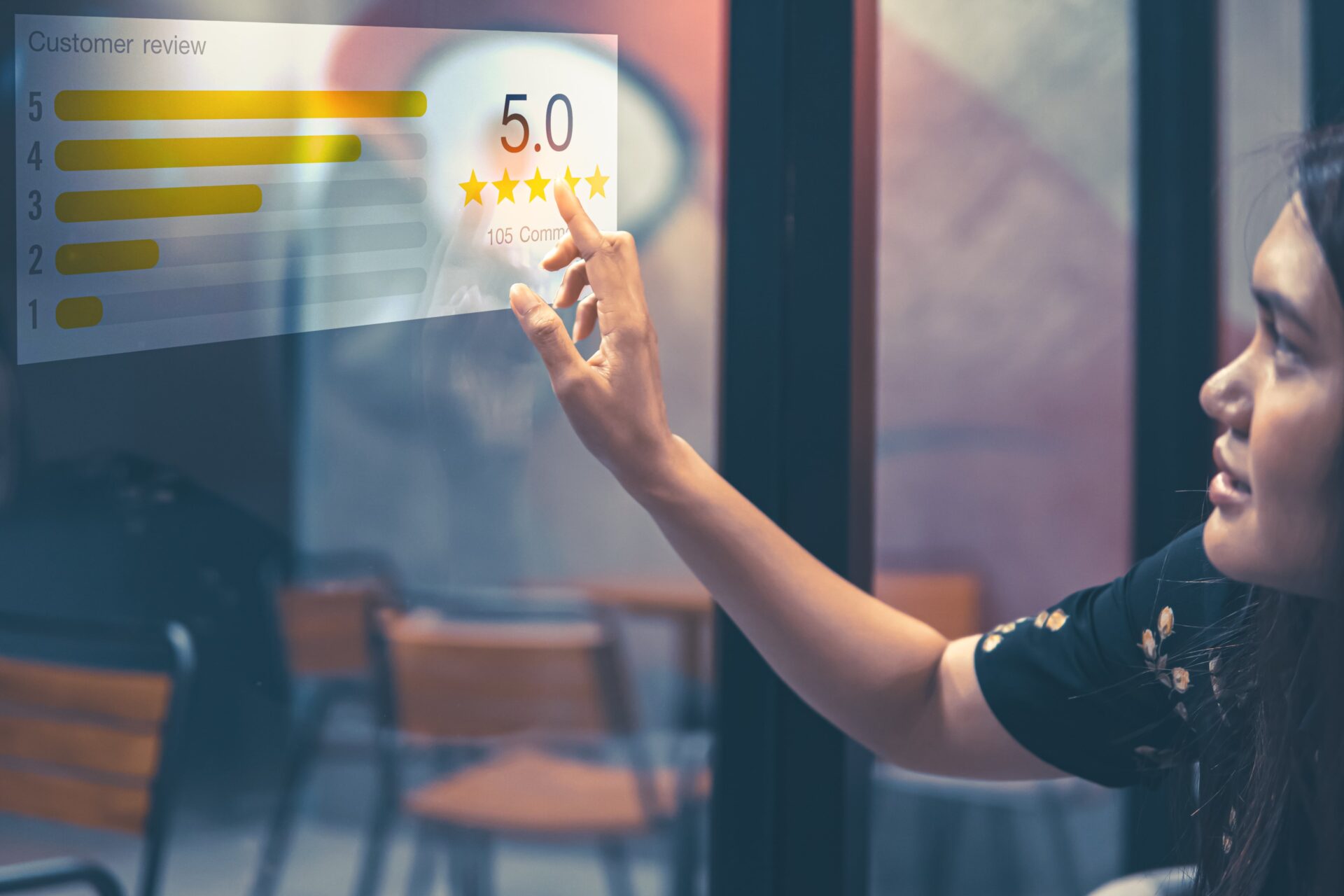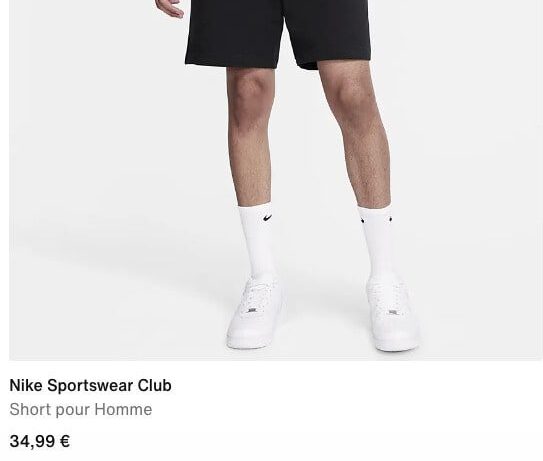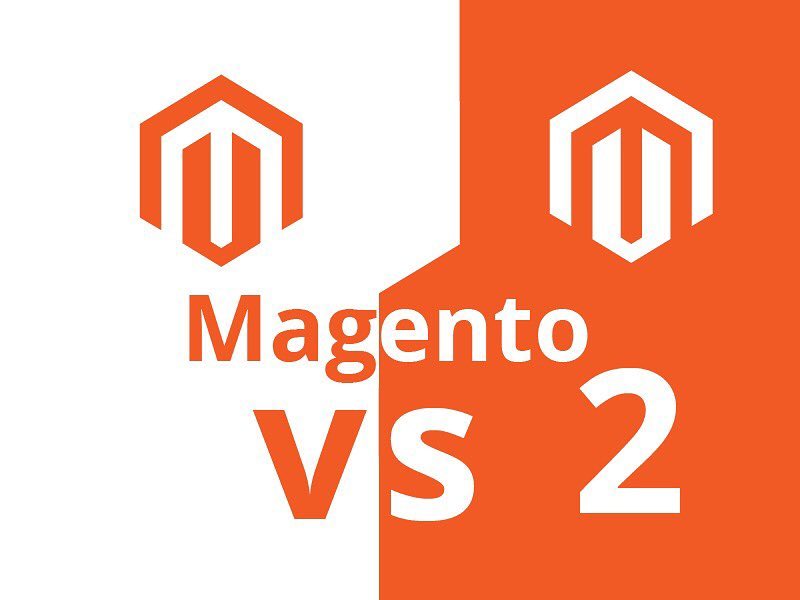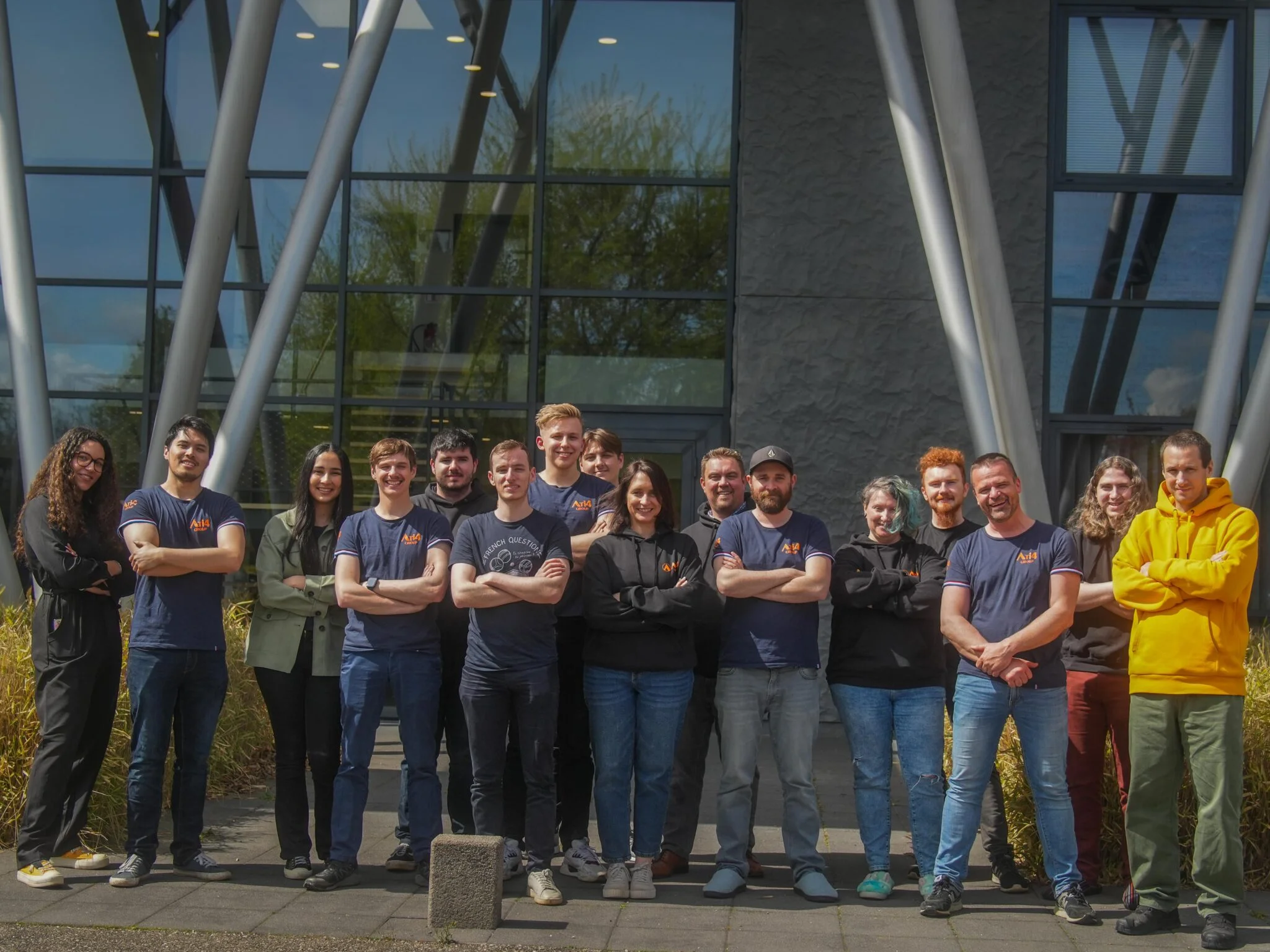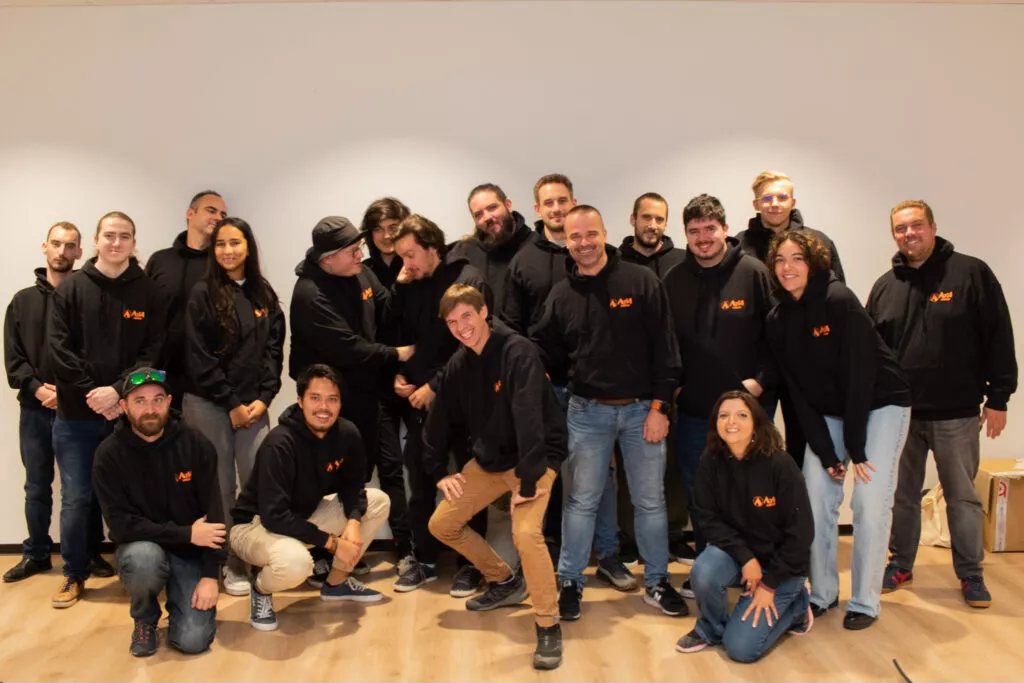How to stand out and boost your online visibility ?
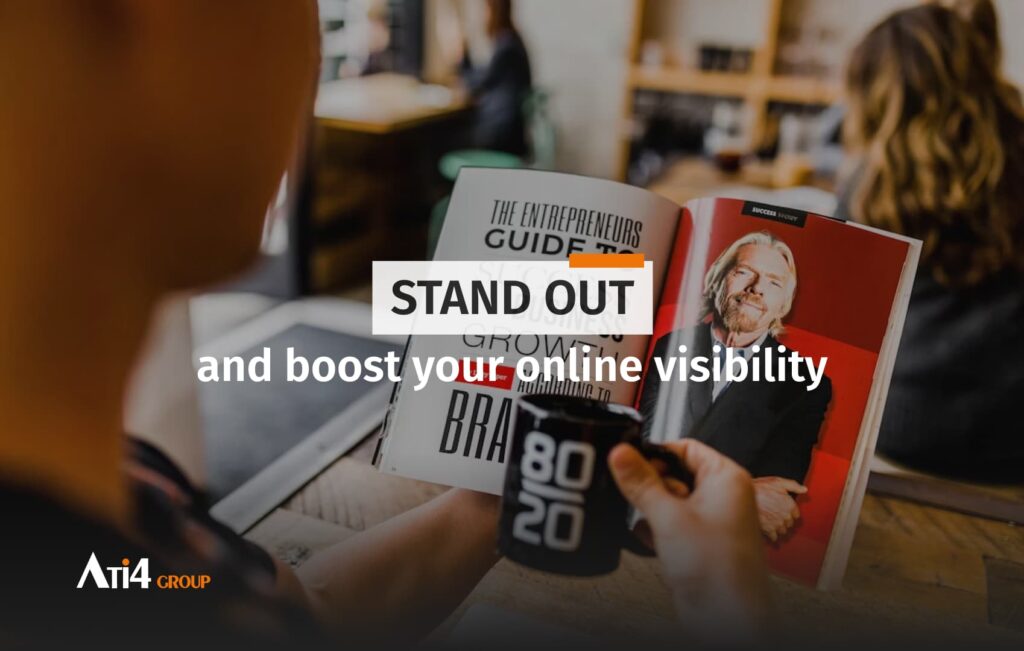
It’s no secret that information travels faster than ever, and digital competition is now everywhere. In this context, personal branding has become a key lever in building your marketing strategy. Indeed, it’s no longer just about selling your product or service — it’s about selling a story, a vision, and a personality around your brand. The goal is to build a strong and credible reputation within your market. But how can you align your identity, values, and message to create a direct impact on your online store’s performance?
What is personal branding?
The concept of personal branding was first mentioned in 1997 in an American article titled The Brand Called You. Since the rise of social media and blogs, individuals have gradually adopted the habit of communicating under their own name, thereby asserting their identity and expertise.
Today, particularly on LinkedIn, an increasing number of entrepreneurs and professionals leverage these platforms to develop and strengthen their personal brand. Personal branding has thus become an essential element of contemporary professional life.
Many people still confuse personal branding with simply showcasing themselves on social media. In reality, it is much more strategic: it involves building an intentional reputation, a clear positioning that reflects your skills, values, and professional identity. Whereas traditional corporate branding aims to associate concepts or emotions with a brand (like Nike with self-empowerment or Apple with innovation and minimalism), personal branding applies these same principles to an individual.
When you work on your personal brand, you become the vector of your message. Your content, presentations, style, and public speaking become the instruments through which you shape your audience’s perception. Just as in the luxury world, where two identical handbags can have vastly different prices depending on the brand, your personal image can create a significant competitive advantage: clients don’t just buy a product—they buy a story and an identity.
It is, however, important to understand what personal branding is not. It is not about sharing every detail of your private or professional life. You can communicate your convictions, work methods, or client experiences without ever revealing your intimacy. Personal branding is above all a human and embodied form of communication, built through your opinions, actions, and content, whether on LinkedIn, Instagram, TikTok, or any other channel suited to your audience.
The power of personal values
To be effective, personal branding must be rooted in your core values and motivations. Understanding your strengths, vision, and purpose is essential for conveying an authentic message and connecting with your audience on an emotional level. Personal stories, anecdotes, and lived experiences are powerful vehicles for connection. They are 22 times more memorable than raw facts and generate 3 to 5 times more engagement on LinkedIn than purely corporate content.
Steve Jobs is a prime example: his personal style, public speaking, and vision created a personal brand that strengthened Apple’s brand, long before the concept of personal branding became popular. Today, in a world saturated with information and where consumer trust is fragile, individuals who embody their values stand out and become credible authorities.
The numbers speak for themselves: 82% of consumers trust a company more when its CEO is active on social media. This underscores the importance of combining personality, credibility, and visibility in the digital world.
The key to capturing an audience lies in the combination of storytelling and authenticity embodied by real people. In a world full of promotional messages and standardized content, consumers naturally respond more to sincere, personal stories than to generic corporate communications. Authenticity becomes a crucial factor for standing out and building a lasting connection with your audience. Rather than offering abstract or universal advice, it is far more effective to share a lived experience. This type of story does more than convey information: it immerses the audience in a tangible human experience, making it relatable and easy to identify with.
Personal storytelling has a dual power. On one hand, it humanizes your communication, showing that behind your expertise is a real person, with successes but also challenges. On the other hand, it creates an immediate emotional connection that goes beyond rational arguments. This connection transforms a simple reading into genuine engagement: readers, viewers, or followers feel, understand, and remember what you share.
Moreover, authentic stories allow you to convey your values, demonstrate your expertise, and build trust in your personal or professional brand. Unlike theoretical advice, which is often forgotten or perceived as abstract, personal experiences leave a lasting impression and help build a strong, coherent identity over the long term.
Personal branding and SEO: A winning duo
This question is particularly relevant for professionals in marketing, SEO, content creation, and digital communication. Understanding the connection between personal branding and organic search allows you to transform your professional identity into a powerful visibility lever on the web.
At its core, SEO is about being found by Google, earning its trust, and appearing among the top results when someone performs a search. Google’s algorithm favors experts and recognized authorities in a given field. This is where personal branding comes into play.
By developing your personal brand, you demonstrate that you are a legitimate authority, capable of providing unique value on a specific topic. Publishing content under your own name helps strengthen your online reputation, generate natural backlinks, mentions, and citations—all signals that Google interprets as indicators of credibility and authority.
The connection between personal branding and SEO may seem indirect, but it is in fact fundamental. SEO aims to establish you as a reliable source, and Google favors identifiable profiles, well-known experts, and content linked to a clearly recognizable personality. Participating in podcasts, conferences, or interviews not only allows you to share your expertise but also cumulatively builds your online authority, resulting in greater visibility in search engines.
This approach creates a virtuous circle: authentic and relevant content attracts attention, generates engagement, increases time spent on your pages, and consequently improves your organic ranking. The more your name is associated with quality content, the more Google recognizes you as a trustworthy source. The algorithm values identifiable profiles over anonymous ones, and this digital trust directly strengthens the SEO of your projects, articles, or even your online store.
For e-commerce entrepreneurs, personal branding goes even further. It’s not just about optimizing a website or product pages; it’s about creating a storytelling around yourself and your brand that can generate traffic, backlinks, and engagement across multiple channels simultaneously. Every piece of content published, every mention earned, contributes to building a strong digital presence that benefits both your personal image and your commercial visibility.
Building your personal brand step by step
Creating an effective personal branding strategy requires answering several key questions: What impact do you want to have? What image do you want to project? What messages and values do you want to communicate? These reflections should be complemented by audience analysis: how do they perceive you? What types of content do they consume?
Once these elements are clear, it’s time to choose your channels and formats. There are many options: blog articles, videos, podcasts, newsletters, LinkedIn or Instagram posts. The most important thing is to stay consistent and true to your identity. Regularity and quality always outweigh quantity — publishing less but better remains the key to building a solid and credible image.
Long-form content (articles, videos, or podcasts) is essential for establishing your expertise and improving your SEO. The good news is that all the long-form content you create can then be repurposed into shorter formats to maximize reach: LinkedIn posts, visual carousels, video clips, or podcast summaries.
This repurposing strategy allows you to reach different audiences and increase the visibility of both your personal brand and your online store, while also strengthening your content’s credibility in Google’s eyes.
But remember that personal branding isn’t built alone. Involving your clients and team members in your strategy can generate authentic and engaging content. For clients, cross-interviews or ambassador programs can create credible testimonials and build trust. For teams, including content creation in internal processes or organizing collaborative sessions helps maintain engagement and produce diverse, high-value content.
Authenticity, storytelling, and human connection will make your personal branding a true driver of visibility and performance for your e-commerce business.
Personal branding is not just a trendy concept. It’s a strategic tool that helps you take control of your professional image, build trust, and boost your online visibility and credibility. For e-commerce entrepreneurs, it’s not just about selling a product, but about selling a story and an identity, while building a human and authentic connection with customers.
If you decide to combine personal branding strategy, SEO, and engaging content, you can create a sustainable digital presence, attract qualified traffic, and strengthen your online business performance. Personal branding is a powerful tool capable of turning digital interactions into lasting relationships and real sales.
Do you have a project ?
Find out what’s new at the company.
Because mixing fun and work is at the heart of our philosophy, we always try to make a special place for it in our business life.


